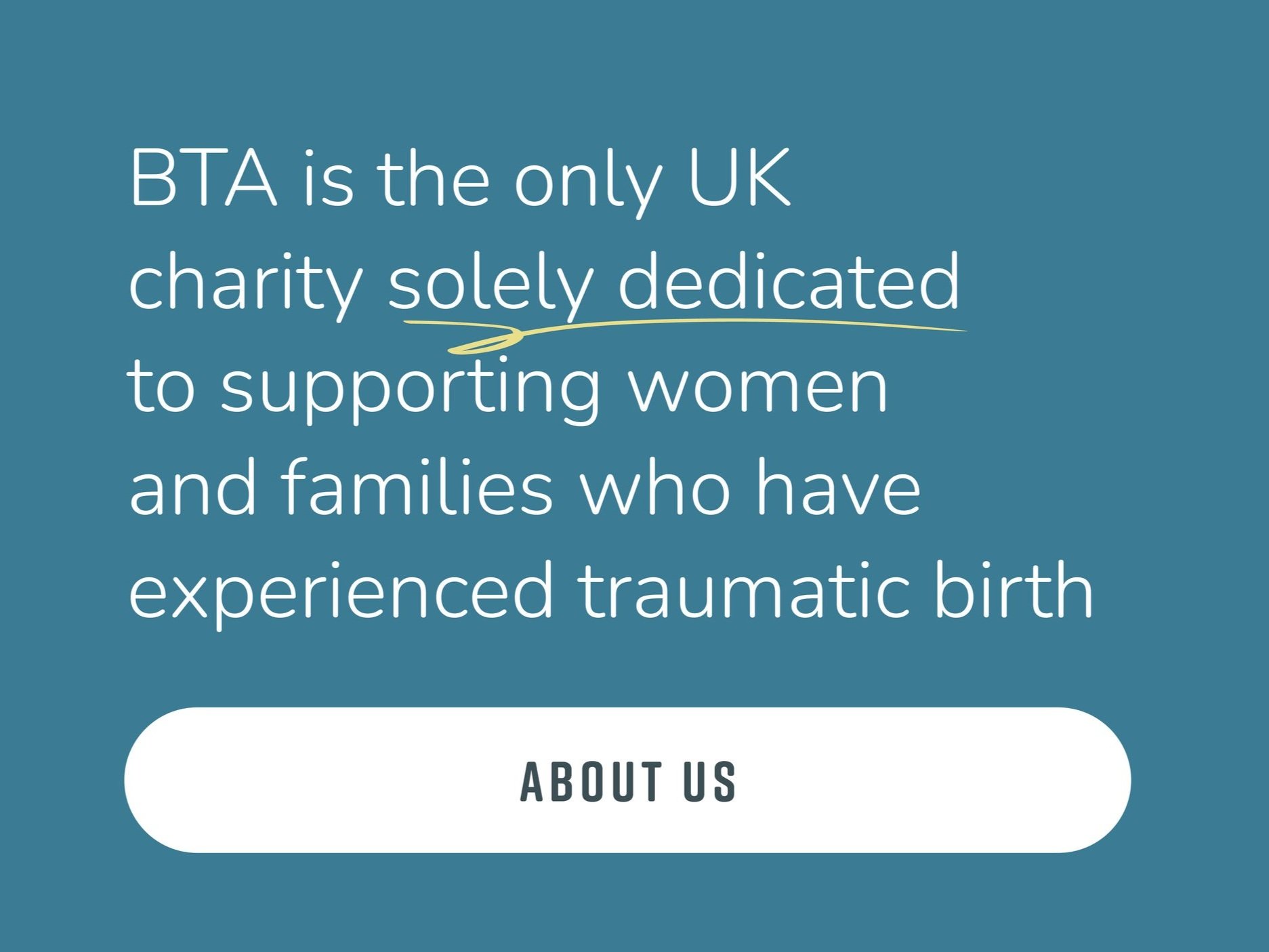What is a birth debrief – and why might I need one?
Helen Stanley, midwife at Leigh Day, one of our trusted legal partners, looks at the benefits of a birth debrief and explains how it works
Birth can be traumatic for parents for a variety of reasons. The events around a baby’s birth may have been confusing, unexpected, or unplanned – or different to plans made during pregnancy. There may even have been a sudden medical emergency or need for unexpected medical intervention. It can be really hard for parents to understand these sorts of events without information to fill the gaps. Even though all decisions should be explained at the time, and consent gained, it’s often difficult for parents to take everything in.
This is where debriefing comes in. It can provide an opportunity to have questions answered. You can better understand the medical assessments and decision-making process by the professionals caring for you during your labour and birth. Importantly, there is no time limit for debriefing, so women can contact the hospital whenever they feel ready after birth.
Who gets a birth debrief?
Hospital trusts give women the opportunity to discuss a difficult birth with a midwife who has been specifically trained in perinatal mental health and birth debriefing. Debriefs are available for women who gave birth at home or in a midwifery unit as well as those who gave birth in hospital.
Some women meet criteria set by the NHS and are automatically offered a debrief:
· If you have suffered a stillbirth or neonatal death
· If your baby has suffered a birth injury such as HIE (lack of oxygen that causes damage to cells within the brain)
· If you have had an injury, for example a third- or fourth-degree perineal tear
· If an obstetric emergency happened during delivery, for example a shoulder dystocia, or post-partum haemorrhage.
However, even if you don’t meet these criteria, you can still request a meeting to discuss your birth. The hospital website will usually include details of how to request a debrief, or you can ask your GP, midwife or health visitor to refer you.
Midwives are aware that a mother may feel their birth was traumatic without an emergency event, and their experiences are just as valid. Sometimes, women have questions some years after the birth. One common reason for requesting a later debrief is finding out that a perineal tear is causing long-term problems, but diagnosis was delayed or treatment incorrect. Having the chance to review the birth again with a midwife can help answer questions as to what may have gone wrong.
How do I prepare for a birth debrief?
A debrief should take place at about eight weeks or more following the birth, though in some areas the waiting list is long and it may take a few months. Usually debriefs are held in hospital, but some women find this triggering, so you can ask for a home visit or a call over Zoom or Teams if you prefer – most hospital trusts will agree to this.
It’s a good idea to prepare in advance of the meeting: write down any questions you may have before you attend and take notes during the meeting.
If you prefer, you can ask for your birth notes to be sent to you before the debrief. Some women like to do this as a way of preparing themselves, but bear in mind that the notes will contain a lot of medical terminology, so you might find it unhelpful or even distressing to read them through before the debrief.
A debrief can be an emotional experience, and most women find it helpful to take a trusted friend, partner, or family member with them. It’s very normal for you to feel upset or angry, and even cry at the appointment. You should be supported by the midwife throughout.
Remember a debrief is for you and should be run at your pace. Don’t be afraid to stop the meeting or take a break. A debrief will normally last an hour, but if you need more time, a new appointment can be made. All debriefing appointments should be followed up with a letter outlining everything that was discussed.
Why should I go to my birth debrief?
Birth trauma and post-traumatic stress disorder (PTSD) is on the rise. The all-party parliamentary group on birth trauma – listen to mums: ending the postcode lottery on perinatal care (2024), was told that as many as one in three women find some aspects of birth traumatic. Birth trauma affects 30,000 women in the UK every year and 53% of women who recognised a difficult birth, felt less likely to have another child. Perinatal mental health and psychological safety should be a priority in maternity care. Having the opportunity to discuss what happened with a trained person may assist you on your recovery, help you understand what happened and inform you about how this may affect a future pregnancy.
About Helen and Leigh Day
Helen Stanley has worked as midwife in the NHS for 25 years and leads Leigh Day’s medical negligence triage team. She is dedicated to supporting women who have experienced a birth that did not go to plan and empowering them to get the answers they need.
Leigh Day is a law firm dedicated to combatting injustice in all its forms. Their medical negligence department has decades of expertise in representing families who have suffered birth trauma.
For more help and support contact: clinnegnce@leighday.co.uk
You can find out more about our legal partners at: https://www.birthtraumaassociation.org/trusted-legal-partners







